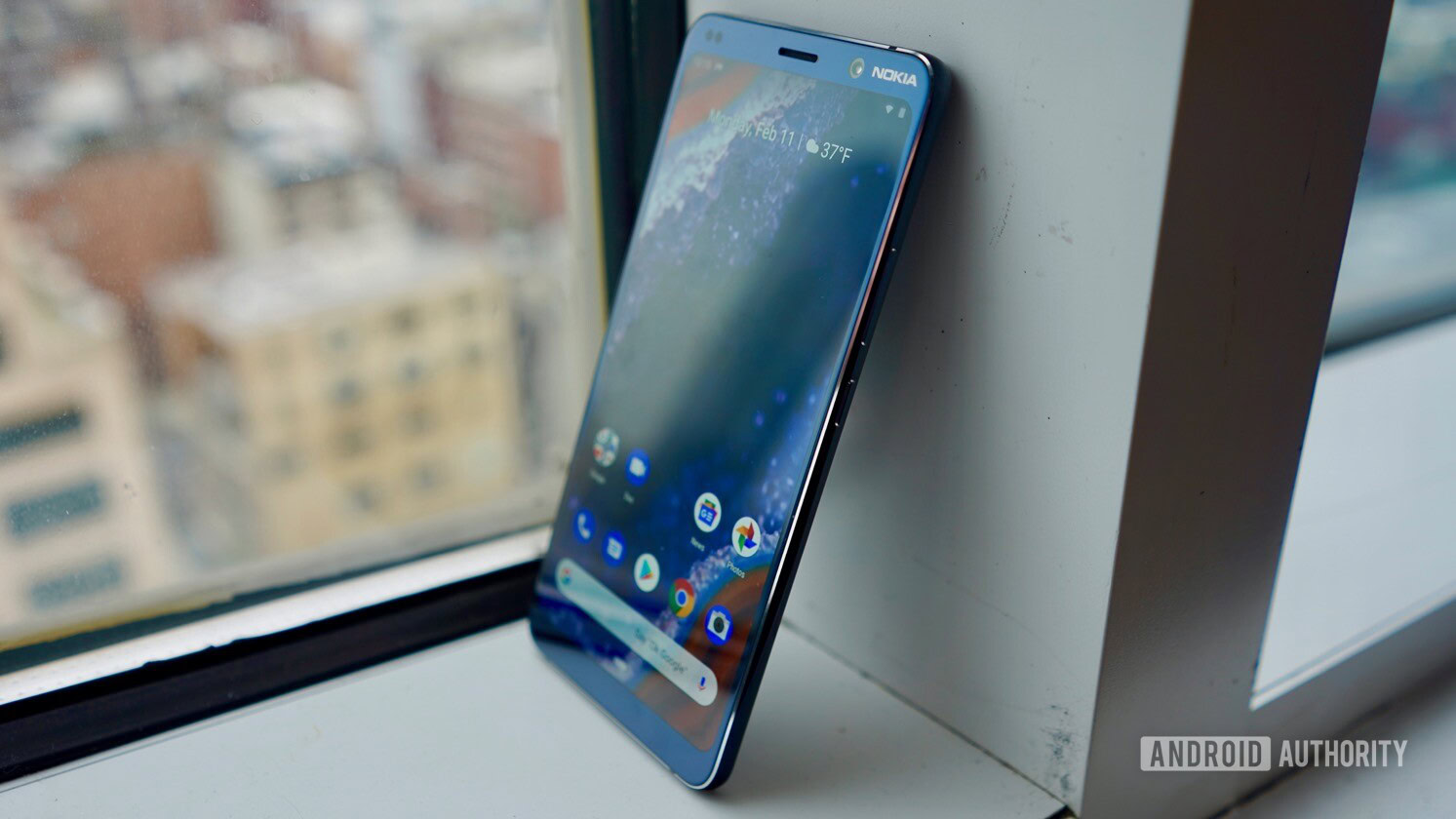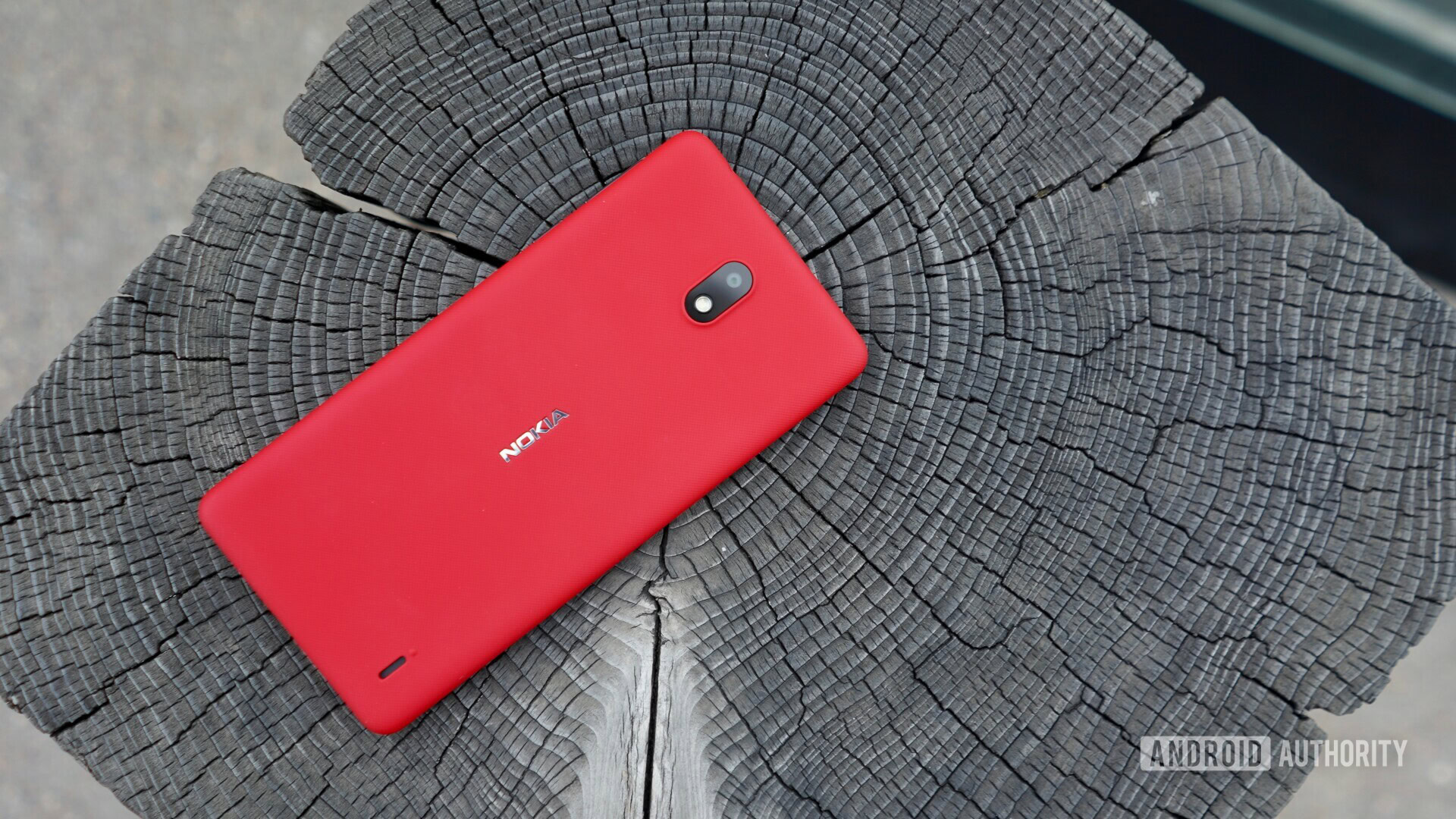Affiliate links on Android Authority may earn us a commission. Learn more.
Nokia 9 PureView fingerprint sensor fooled by chewing gum packet (Updated)

Update, April 24, 2019 05:18 p.m. ET: HMD Global has said it is investigating the Nokia 9 fingerprint sensor issue that came to light earlier this week (h/t Android Police). The problem means the Nokia 9 can be unlocked through its fingerprint sensor even when not using a registered fingerprint.
HMD contacted TechAlter, one of the affected users, to inform him it was looking into it, while the company’s Chief Product Officer Juho Sarvikas reached out to Decoded Pixel (responsible for the video below) on Twitter. Sarvikas said HMD hadn’t been able to recreate the issue but asked if they could swap units to check out the problem on Decoded Pixel’s device.
As things stand, we still don’t know exactly what’s behind the problem or how widespread it is, though it doesn’t seem to be very common. Whether HMD can fix both this complication and the in-display fingerprint sensor’s broader consistency problem remains to be seen. We’ll keep an eye on the story as it progresses.
Previous coverage, April 22, 2019 06:31 a.m. ET: Some Nokia 9 PureView phones have a problem related to their in-display fingerprint sensor, according to multiple Nokia 9 users on Twitter. YouTuber TechAlter highlighted the problem yesterday, but we don’t yet know what’s causing it.
On affected devices, an unregistered fingerprint — and in one case a chewing gum packet — can be used to unlock the phone like a registered fingerprint can.
Video of the fingerprint sensor unlocking phone with a packet of chewing gum and someone else’s finger pic.twitter.com/jwY4ZG7uCh— Decoded Pixel (@decodedpixel) April 21, 2019
The reports arrive only shortly after HMD Global rolled out a Nokia 9 PureView update which is believed to have altered the fingerprint sensor. HMD Global may have lowered the sensitivity or threshold for unlocking the device to increase its effectiveness. However, this wouldn’t explain why only some devices are affected.
Fingerprint unlocking, like face unlocking, isn’t a perfectly secure system: it can often be fooled by an inorganic copy. What makes this recent situation surprising is that the fingerprint sensor isn’t fooled by a replica of a registered fingerprint, but by other prints or objects entirely.

The Nokia 9 PureView’s fingerprint sensor was noted for being problematic from the beginning. In our Nokia 9 PureView review, Eric Zeman called the sensor “essentially unusable” and said it was “by far the worst” in-display fingerprint sensor he had used. The original gripes related to its consistency, however; it was said to be too hard to unlock rather than too easy.
In-display fingerprint sensors have only been commercialized on smartphones within the last year; the first iterations of such sensors were expected to lag behind more common on-body fingerprint scanners in terms of speed and accuracy. The Nokia 9 PureView issue discussed is particularly troubling, though.
Thankfully, if it is the result of a software update, it should fixable with a future OTA. We’ve reached out to HMD Global for more on the matter and will update this post should we receive a response.